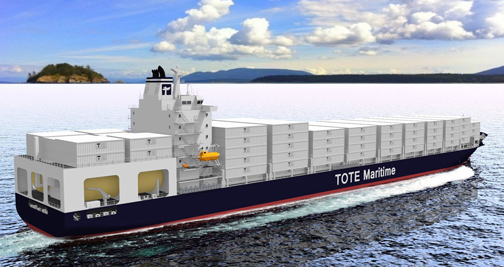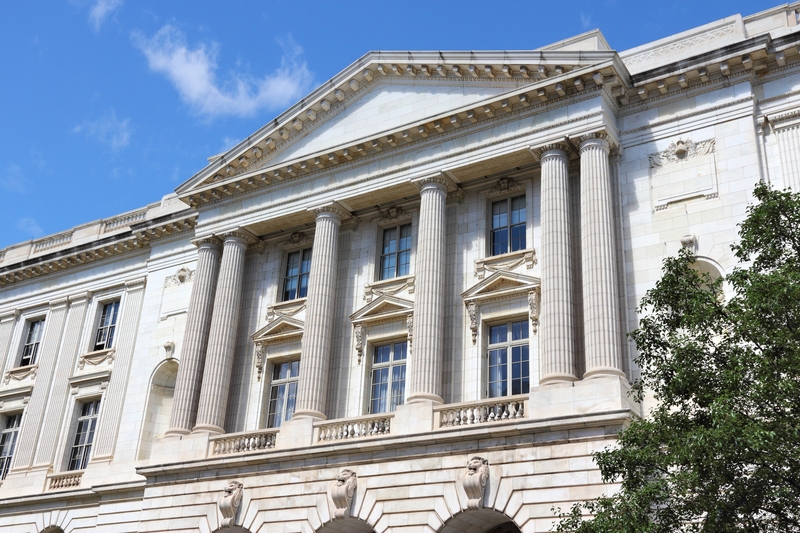Op-Ed: Making the Merchant Marine Act of 1920 fair to everyone

The Jones Act (Senator Wesley Jones), or the Merchant Marine Act of 1920, was signed into law by President Woodrow Wilson with the intent of having a ready and able merchant marine that could be ready to enter and back up the military in the event of a military conflict.
This purpose is still sustained today by the military as well as the Department of Homeland Security.
Section 27 of this Act controls cabotage, which basically requires that all goods transported by water between United States ports be carried exclusively by U.S. flag ships, owned, constructed and operated by U.S. citizens.
One problem with this act is that the operations under these requirements makes the system extremely expensive, much more expensive than maritime operations provided by other foreign flag ships.
On may occasions to comply with this act, merchandize is shipped to the mainland, unloaded to be loaded again and shipped to off shore island making the shipping more than twice as expensive.
Basically, this act affects three off shore locations, Hawaii, Alaska and Puerto Rico, all three already handicapped by being detached to less expensive U.S. highway and rail way transportation system. All three locations were territories of the United Stated when the act was instituted.
Both Hawaii and Alaska became states in the early fifties and developed economically to become the third and fourth states in the rank of income per capita, while Puerto Rico with half the per capita income of the poorest state in the union, and handicapped by the very discriminatory and punitive “Insular Cases” which prevent Puerto Rico from an adequate economic development, makes the Jones Act shipping extremely damaging to the Puerto Rico economy and island residents.
Already as the results of Puerto Rico having 60% of the population of these offshore locations it accounts for much more than half the high freight charges of our merchant marine.
Probably at the time this act was instituted, wars could be won by submarines torpedoing supply vessels travelling to Pearl Harbor, Roosevelt Roads or Adak Station. Today wars are electronically remote controlled worldwide with missiles and modern weapons, making ocean traffic to the islands not very important. But still homeland security must be maintained.
Certain studies have concluded that the Jones Act increases the cost to Puerto Rico consumers by billions of dollars per year. Other studies by the Federal Reserve Bank of New York indicated that the Jones Act may hinder economic development in the island.
In 2013, the Government Accountability Office released a study of the effects of the Jones Act in Puerto Rico which conclude that some of the higher rates are affected directly or indirectly by Jones Act requirements.
Both the military as well as Homeland Security maintain the importance of the Jones Act. There is nothing wrong with that. What is definitely wrong is the manner in which its cost affects solely three locations, while the cost of homeland security should and must be borne by the entire nation.
A new way must be devised to distribute the high cost of our merchant marine on a national level. Maybe the merchant marine should be organized under Homeland Security’s U.S. Navy and the difference in operating cost should be allocated to the entire nation and not by just three locations.
The U.S. Merchant Marine should be allowed to compete in its tariffs with international merchant marines, and the difference between their income and its actual expenditures should be absorbed by the U.S. government.
Also, all incoming cargo should be exempt from cabotage laws allowing the delivery of incoming cargo to be dropped off these three detached locations to not punish them from excessive and unnecessary loading and unloading charges and unnecessary delays.
Yes, the Jones Act or the Merchant Marine Act of 1920 is necessary and beneficial to the nation. It must be updated to modern times to make it practical and fair to everyone.







